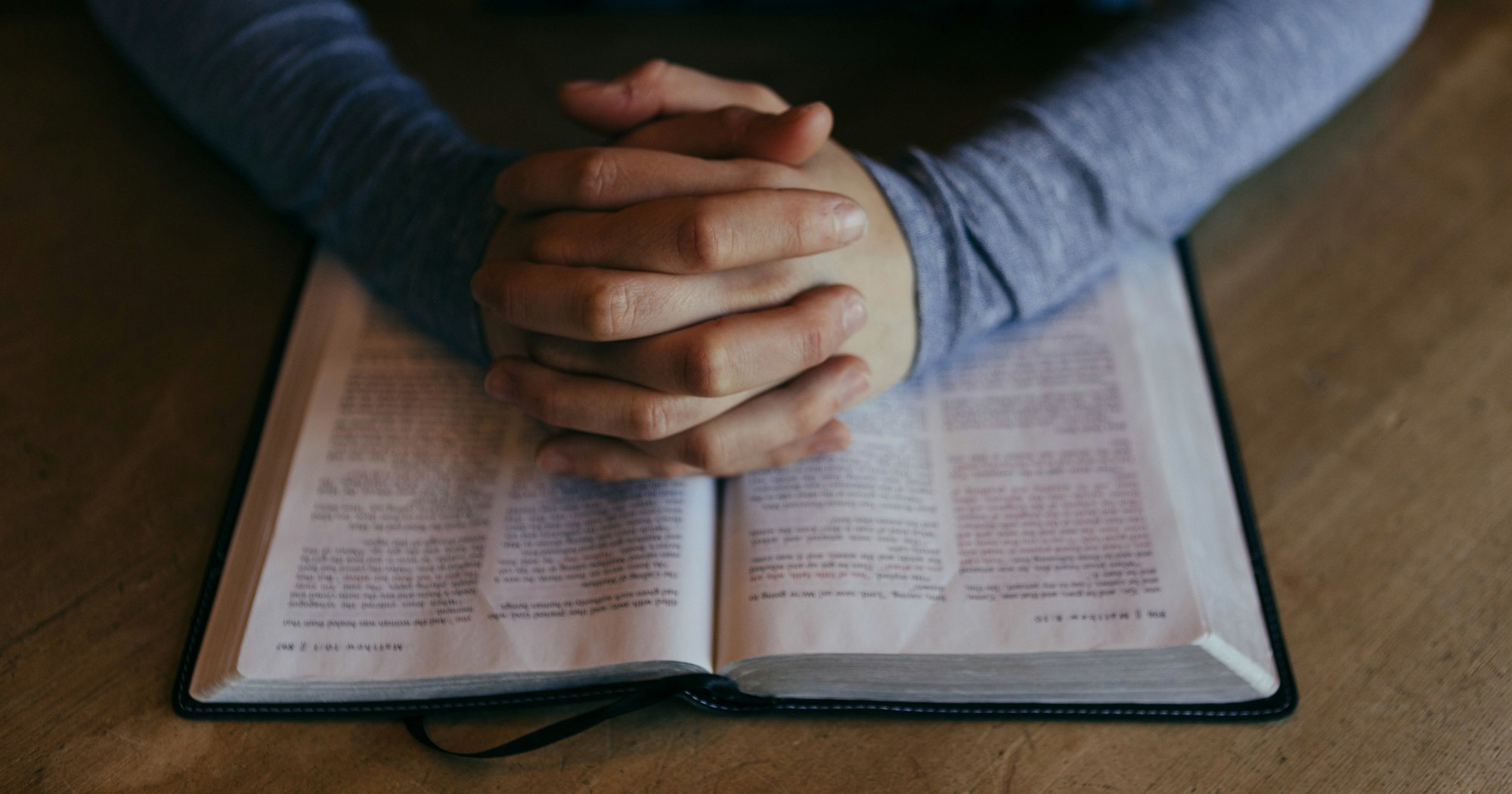There are hundreds of religions and innumerable cultures spread across the length and breadth of this planet. Yet, despite the differences, there is something so consistent about them. A commonality that even defies their geographical separation.
It is the sheer inconsistency that exists within each of them. The logical inconsistency in the writings or the “word of god” that is preached in these religions. But as many say, faith is unquestionable (unfortunately). It doesn’t need to comply with rationality. It is something that is beyond the realm of our comprehension. However, the point I am trying to put forward is about something different.
Faith not adhering to logic isn’t a revelation, but how can one’s faith have contradictions within itself? Shouldn’t there be a consistency in what millions of people so desperately believe in? Here are a few examples to elaborate on this point.

Let us first take the case of why one religion terms itself superior to others. It is written in many religious scriptures that all human beings on this planet are brothers and sisters, and are equal in God’s eyes. Hence, they should not be discriminated against in any aspect. But the same scriptures also term their religion as being “the one” and the most supreme among all the others.
They also give their believers a sense of superiority and claim that their path is the one true path that leads to the doors of heaven. It is also stated that the non-believers, or the people who don’t follow their specific God, are somehow misguided or lost beings. This sense of segregation is bound to give rise to inequality and inevitably lead to hatred among the communities. How can one truly respect the followers of other religions while simultaneously believing that they are somehow on the wrong path and won’t be offered salvation? Even if the person does respect, he/she can never see them as equal in the literal sense.

Then there’s also the dilemma that exists within almost every godly religion, is being good enough or one needs to adhere to every sentence of the scripture? Ask this question to yourself. Why just being a good and kind human does not suffice?
Surely if God is the kindest being that exists, replicating the same values should be enough. Yet, every religion offers you an unending document of terms and conditions when you sign up. This contradiction questions the very foundation of religion and why it came into being. Was it to allow orderly people to worship the divine, or create something divine to bring the people in order?

Now let’s delve deeper into some of the fundamental contradictions that exist within religions, like the issue of free will. It is said in many religions that everything is pre-determined, and whatever happens, is along the lines of what has already been written. This is often referred to as the concept of Determinism. There is not anything wrong if someone believes in this concept.
The problem arises when the same religions also preach that every person has to make a choice between acting in one way or another, to choose between being good or bad. Well, that cannot co-exist with Determinism. If it has already been determined what is about to happen, then the person doesn’t really have a “choice”. Whatever he/she chooses has already been chosen on his/her behalf by the divine power, leaving the person with a mere illusion of free will.
This argument can be extended to whether the individual then is really responsible for his/her actions. If it was never the person’s choice and everything was already decided beforehand, then how can they be credited for their deeds? It is often said that people are mere vessels to spread the word of the divine. God conducts his/her/its tasks through them.

Then how can these people be termed as ‘free’? Free to choose their paths, except what has already been chosen for them.
Since we are on the issue of good and bad, let’s touch upon the contradiction that arises due to the existence of evil in the world. It is believed in many religions that God is ‘Omnipotent’ (all-powerful) and ‘Omniscient’ (all-knowing). That is understandable.
The being that everyone worships should obviously be the most powerful among all that exists. But if God is indeed all-powerful and knows everything, then why does evil or injustice exist? Why do innocent people often have to go through unimaginable misery? During the past few months, many people succumbed to the might of Covid-19 who were perfectly innocent and good.
Many had to go through the toughest economic hardships and mental trauma. I for one cannot comprehend that if an omnipotent God does exist, why were these people not offered salvation? The contradiction arises when even the omnipotence and omniscience of the divine cannot save innocent people from suffering. But as they say, God works in mysterious ways. Too mysteriously, sometimes.

You might have heard the following phrase: “Whatever happens, happens for good”. Does it, though? Maybe whatever happens, just happens. Our mind tends to attribute a purpose to everything, where any purpose or meaning might not even exist.
Religions often preach such things because they cannot comprehend even the slightest possibility of something bad happening without any hint of good. It is us who first label things as bad, and then mysteriously find a “good” purpose behind them so that our divine assumptions aren’t hurt. A purpose that maybe wasn’t even there in the first place.
But, can you live with the meaninglessness of the universe? If your answer is no, there is a great chance that you might be religious.
Also Read: How Should We Raise Our Children So They Don’t End Up Racist
















